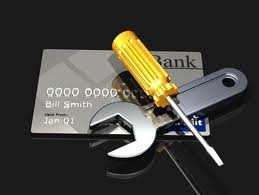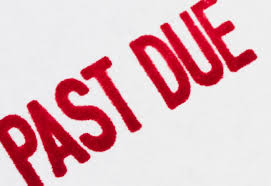Every taxpayer is responsible to file their tax return every year, failure to do so on time will result in the Canada Revenue Agency (CRA) sending a Second Notice to File or a Demand to File notice. Ignoring both these letter can have serious consequences.
A Demand to File or Second Request to File, is usually requested within 30 days of the date the notice has been sent, so if the notice says November 9th, you must file within 30 days from November 9th, even if you don’t receive it until weeks later. The CRA does not send registered letters and will not accept the excuse that the letter never go to you. By law you must file a tax and benefit return.
Keep in mind that, as with any tax return filed after the April 30 deadline of the appropriate year, you’re will be subject to penalties and interest after the return is done if you owe money. Even though the CRA is forcing you to file, there’s no forgiveness of penalties and interest. Note: You cannot claim an income tax deduction for any penalty paid or payable for failing to file a return.
If you ignore a Demand To File or do not file within the time you are given, the CRA will charge you $250. There may be circumstances that delay you filing, such as floods, fires, or other natural disasters, but while the CRA may be more lenient towards people who have lost their records, filing a return is still required.
Demands to File are more common with tax payers who are self employed, have rental properties, or assets such as investments that over and above a basic T4 return, if you generally owe every year after filing, that is money the CRA is expecting to receive, so they will be on it right away. It is not uncommon for taxpayers who do not file and who have ignored to a Demand To File, see their bank accounts frozen with a Require To Pay just to get your attention. If you owe to the CRA, make sure you file on time.
If you haven’t received request that file and the letter states that the CRA will file a return on your behalf, the CRA will file a tax return based on a net worth assessment and an average of what they think you have earned and send you you a bill. There may be errors in that return that you now have to correct, but you will still be considered as having filed and having a debt outstanding, which starts the regular collection process which starts with letters requesting payment, then possibly phone calls, and depending on how much you owe, the CRA may garnish your wages, or even freeze your assets. The CRA has one of the best tax collection compliance systems in the world.
If you’re behind on filing your taxes, take the time to get caught up before the CRA contacts you.





